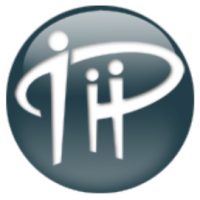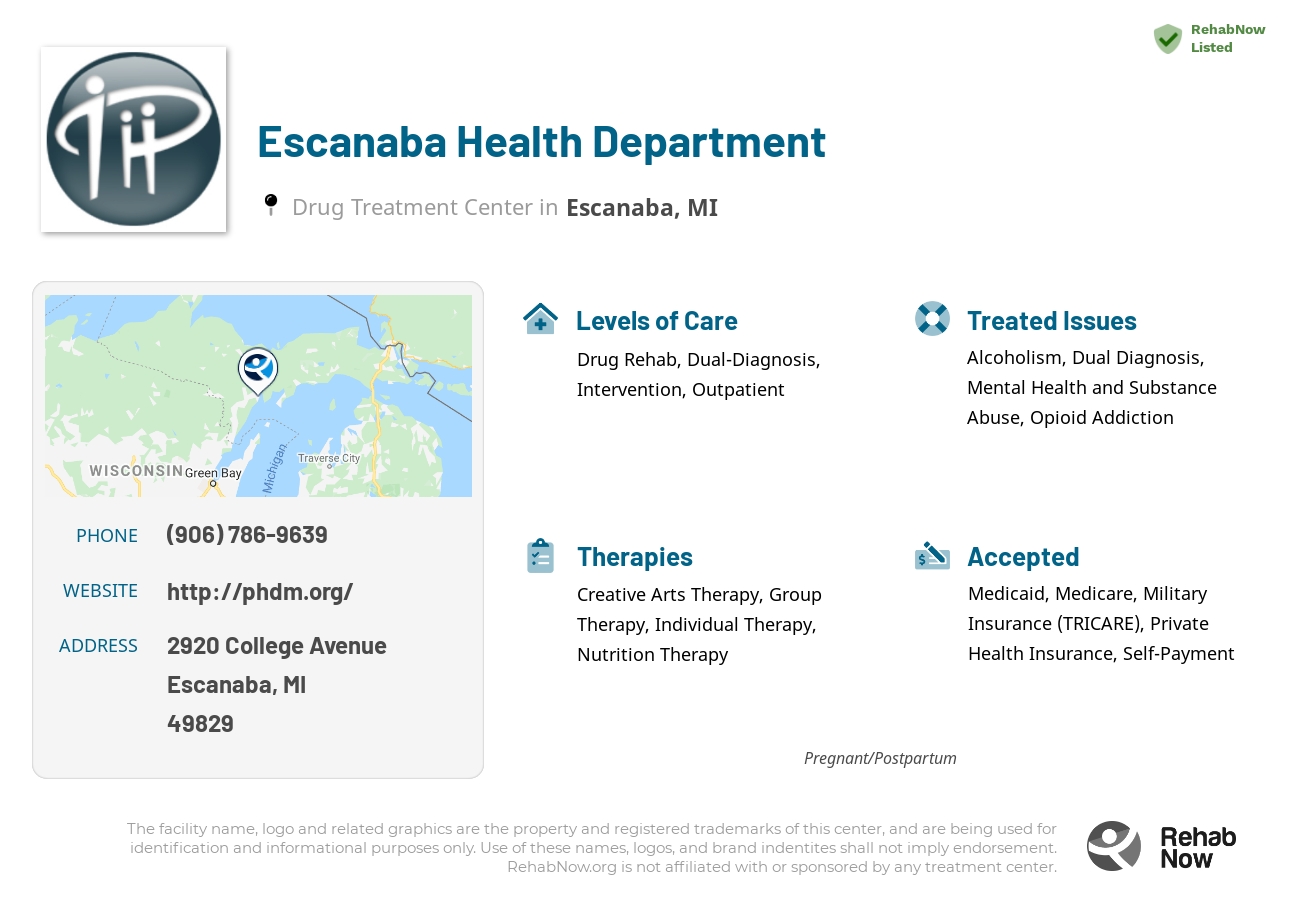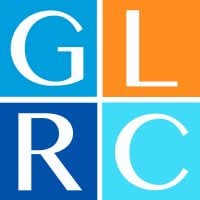Escanaba Health Department
Drug Rehab Center in Escanaba, Michigan
The Escanaba Health Department in Michigan provides comprehensive health services including medical, mental health, and addiction treatment, with a wide range of services and programs, recognized for providing high-quality, evidence-based care.
About This Michigan Facility
The Escanaba Health Department, located in Escanaba, Michigan, provides comprehensive health services for individuals and families. At their facility, they offer a variety of medical, mental health and addiction services. Their team of experienced medical professionals includes physicians, nurse practitioners and primary care providers, all of whom are dedicated to providing the highest quality of care to their patients.
At Escanaba Health Department, they offer a wide range of services for addiction and substance abuse, including screening and assessment, individual and group counseling, and medication-assisted treatment. They also provide medication management, relapse prevention, and education on the risks and consequences of substance use disorders. For those seeking more comprehensive care, they offer extended inpatient and outpatient programs, including partial hospitalization and intensive outpatient services.
Escanaba Health Department is accredited by the Michigan Department of Health and Human Services and is licensed by the Substance Abuse and Mental Health Services Administration. They have been recognized by the National Council for Behavioral Health for providing high-quality, evidence-based care. Additionally, they are an approved provider of MAT training, which is a necessary certifcation for those working in the addiction field. They also offer a Supportive Services program to assist patients who need help with job placement, housing and preventing relapse.
Genders
Ages
Modality
Additional
Conditions and Issues Treated
Many people who struggle with opioid addiction need to attend specific programs like methadone , Suboxone or Vivitrol clinics.
These types of programs will provide the patient with legal, prescription medications that can help them overcome their cravings for illegal opioids like heroin or fentanyl . If the patient has a chronic condition like Hepatitis C, they must undergo treatment before they can begin taking these medications.
Dual Diagnosis refers to someone who is both dealing with addiction and another mental health issue.
There are different kinds of Dual Diagnosis: A person who simultaneously experiences both a mental illness and an addiction disorder. Or, a person who experiences one or more coexisting (simultaneous) mental health conditions in addition to a primary substance use disorder.
Some conditions that commonly co-occur with addiction include:
- Personality Disorders (Borderline, Narcissistic)
- Mood Disorders (Bipolar Disorder, Depression, Anxiety Disorder)
- PTSD (Post Traumatic Stress Disorder), OCD (Obsessive Compulsive Disorder), ADHD (Attention Deficit Hyperactivity Disorder)
- Schizophrenia, Psychosis, Hallucinations, Delusions
Levels of Care Offered at Escanaba Health Department
This center offers a variety of custom treatment tailored to individual recovery. Currently available are Drug Rehab, Dual-Diagnosis, Intervention, Outpatient, with additional therapies available as listed below.
Outpatient treatment programs provide drug and alcohol addiction treatment through individual sessions with a counselor, group therapy, 12-step meetings, and other activities to help individuals gain sober living skills. Most programs are designed for those individuals who have completed a medically supervised detoxification program and provide opportunities for clients to begin the process of early recovery.
Outpatient programs also offer a level of medical support as needed and psychological backing through therapy. Clients are encouraged to live at home, though there may be some flexibility regarding this requirement based on the circumstances and needs of each patient.
Outpatient treatment is perhaps the most common type of dual diagnosis program available. It does not pose a significant financial burden on patients. However, it is essential to note that outpatient treatment does not provide the support and supervision given in residential programs. Some addicts may need this level of support to maintain their sobriety.
Intervention services are often the last resort for addicts. An intervention begins when family or friends gather to discuss how addiction has harmed their loved one’s life and why treatment is required to help them move forward into a healthy future. The discussion includes information on various treatments in case your loved ones agree that this is necessary at some point during the conversation.
Therapies & Programs
Therapy sessions focused on the individual addict can provide much-needed guidance as they work toward overcoming their addiction. These types of sessions typically involve guidance from a therapist, who will help addicts identify and process their feelings and cravings.
During these sessions, addicts may develop plans for coping with the triggers that typically lead to relapse and learn how to avoid those triggers during their recovery process.
Different types of addiction treatment services are available. Within this article, group therapy is of interest due to its high success rate compared to individual therapy. Group therapy settings are beneficial because they allow recovering addicts to build a strong support network.
Benefits of group therapy are:
- Reduces feelings of isolation
- Immediate access to social support in the form of fellow addicts in recovery
- Lowers risk of relapse
- Increases rate of sobriety
- Builds coping skills that can be applied to everyday life
Good nutrition can be difficult for people recovering from addiction because they may not feel like eating while they are experiencing the physical and emotional side effects of detoxing.
Nutrition therapy can help addicts in the following ways:
- Helps individuals to understand which foods promote good health and support recovery that will assist them during detox
- Provides guidance and education in Escanaba, Michigan about how to maintain a nutritious diet so they can stay healthy during recovery
- Improves their overall health and well-being, which can reduce the severity of substance withdrawal symptoms.
Nicotine replacement therapies are effective because they provide you with the nicotine you are addicted to without inhaling carcinogens from cigarettes. Some types of NRT include nicotine gum, nicotine patches (transdermal systems), nasal spray, and lozenges. The benefits of using NRT can include reducing the risk of heart disease and cancer.
Payment Options Accepted
For specific insurance or payment methods please contact us.
Is your insurance accepted?
Ask an expert, call (888) 674-0062
Additional Details
Specifics, location, and helpful extra information.
Escanaba, Michigan 49829 Phone Number(906) 786-9639 Meta DetailsUpdated November 25, 2023
Staff Verified
Patient Reviews
There are no reviews yet. Be the first one to write one.
Escanaba, Michigan Addiction Information
Michigan has the second-highest rate of drug and alcohol abuse in the nation. Heroin is linked to more than 50% of the state's hepatitis C cases. Marijuana is the drug most often associated with crimes in Michigan, followed by methamphetamines. Opioids alone are responsible for almost 20% of all drug overdose deaths in Michigan.
Escanaba, MI, has been ravaged by drug abuse and addiction. In 2016, Escanaba accounted for 6 out of 885 total overdose deaths in Michigan. Alcohol is the most commonly abused substance in the city; marijuana is the second-most commonly used substance. Drug overdoses are rising every year. A few drug treatment options are available in Escanaba, Michigan. When comparing different facilities, consider the cost, location, and type of program offered.
Treatment in Nearby Cities
- Dearborn Heights, MI (304.1 mi.)
- Saint Ignace, MI (113.7 mi.)
- Fraser, MI (303.7 mi.)
- Harper Woods, MI (310.1 mi.)
- Lincoln, MI (194.2 mi.)
Centers near Escanaba Health Department
The facility name, logo and brand are the property and registered trademarks of Escanaba Health Department, and are being used for identification and informational purposes only. Use of these names, logos and brands shall not imply endorsement. RehabNow.org is not affiliated with or sponsored by Escanaba Health Department.



